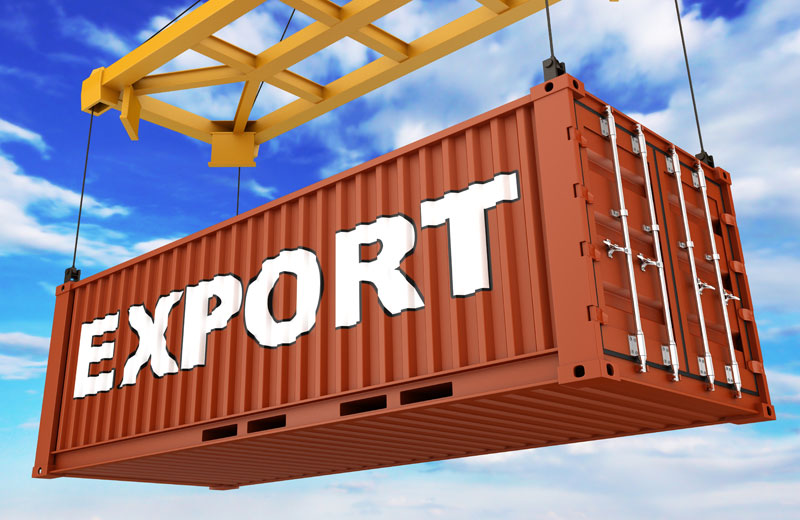October 19, 2020: India during the first five months of the financial year – April to September – saw a boom in its export of raw materials ranging from rice and cereals to iron ore. While all its big ticket manufacturing exports from gems and jewellery to garments and engineering goods shrank massively.
Though officially the government is tight-lipped, the trend has more than worried the Mandarins running India’s Udyog Bhavan which oversees the country’s trade affairs. “It’s worrying business. The fact is our big ticket items like gems and jewellery, ready-made garments, leather goods, engineering products, electronics, have all contracted by between 15 -55 per cent,” said top officials.
Manufacturing besides adding value and fetching better returns, creates jobs, which is why India wants to push its share of GDP from 14 per cent to 25 per cent.
What has gone up is rice exports by 33 per cent, cereals by 98 per cent and iron ore by nearly 60 per cent. “The only big ticket manufacture which did well was Pharmaceuticals, quite understandably because of Covid,” said officials.
In contrast rivals like Vietnam and Bangladesh managed to post positive figures for their export of manufactures ranging from garments to light engineering. Mistrust of China in the global supply chain is potentially positive for India, but till now that mistrust has led to increases in orders from its rivals, not for India.
A popular export incentive scheme is being phased out in January and this is adding to Indian manufacturers worries. “The ball is in the Government’s court. They have to devise some assistance package. Our GST refunds get held up. Delays in shipment due to local lockdowns, delays in customs at ports etc., leads to exporters being labelled ‘risky’…,” said Sharad Kumar Saraf, President, FIEO.
The problem has been looming for some time. Engineering exports fell 5.87 per cent in 2019-20, even before the pandemic , while textiles grew by just 2 per cent in FY 2015-19. “We have to work out a new system which incentivises exporters without violating WTO guidelines including taking a host of trade facilitation measures, which our rivals have adopted,” said Prof Biswajit Dhar of JNU, a Member of the Board of Trade.
Source: The New Indian Express








